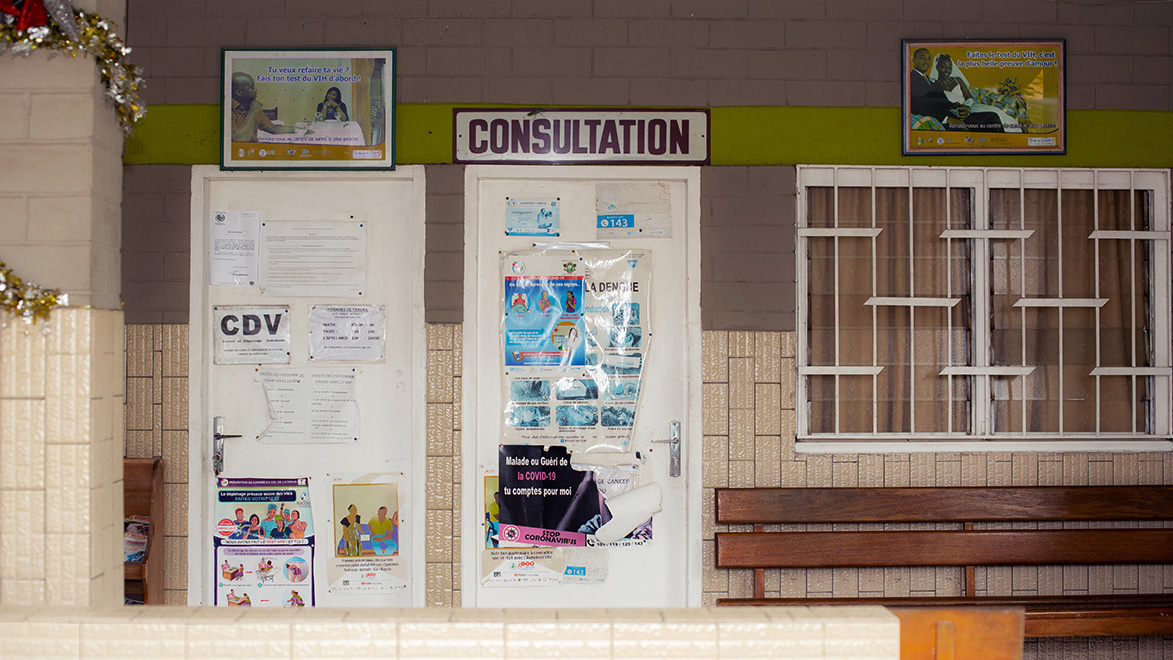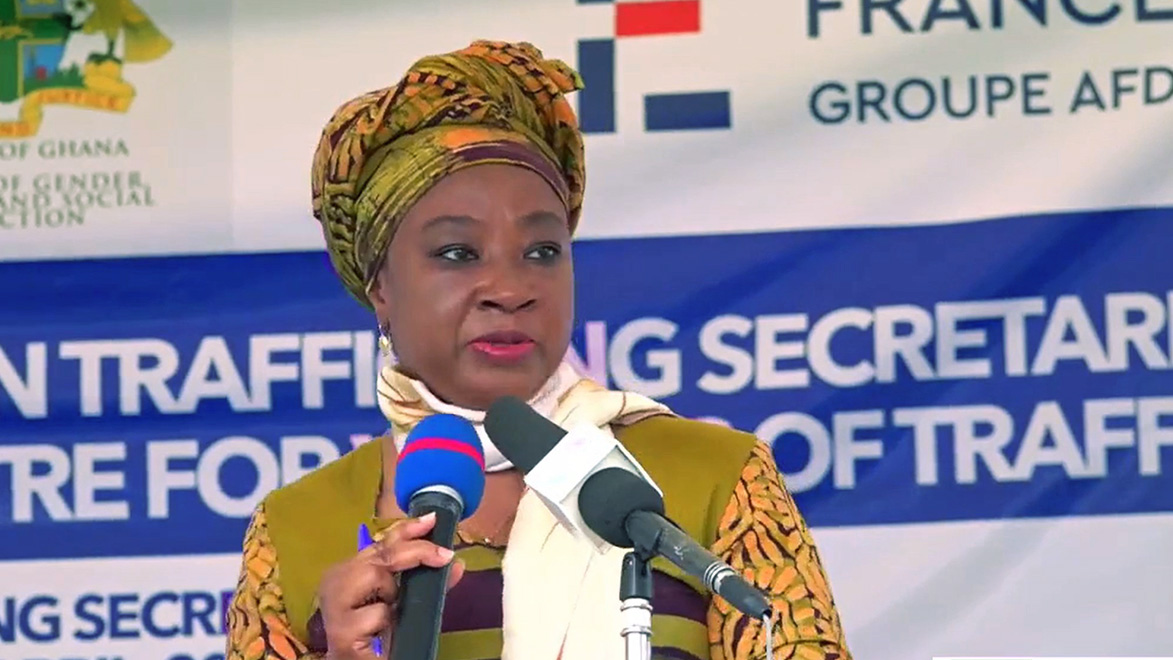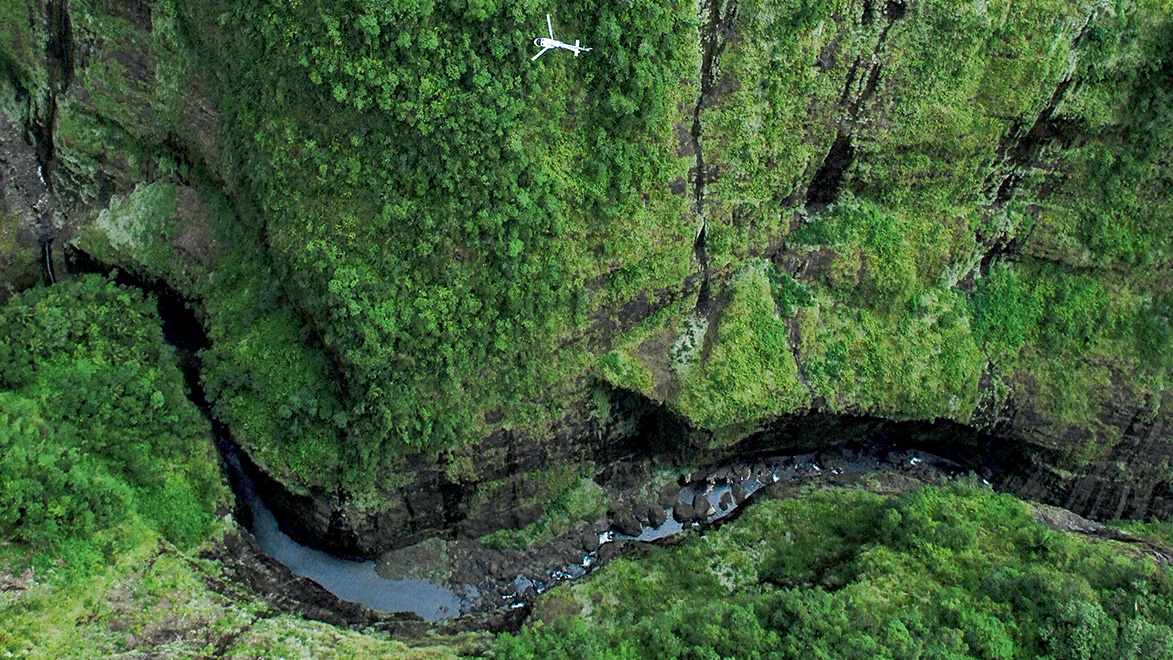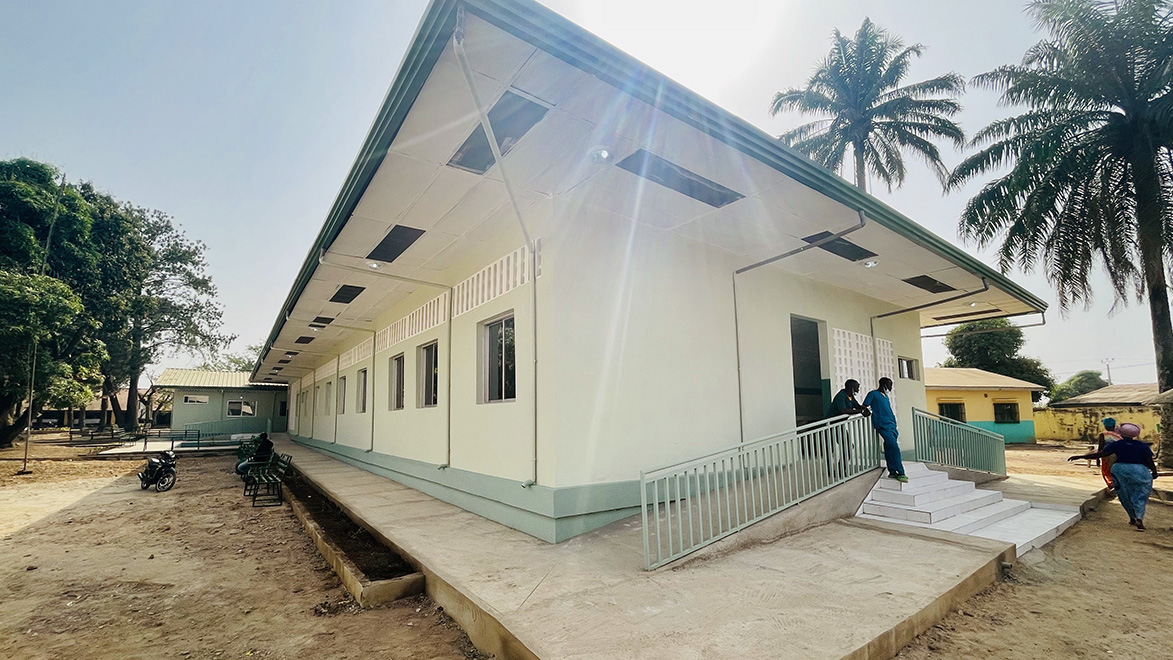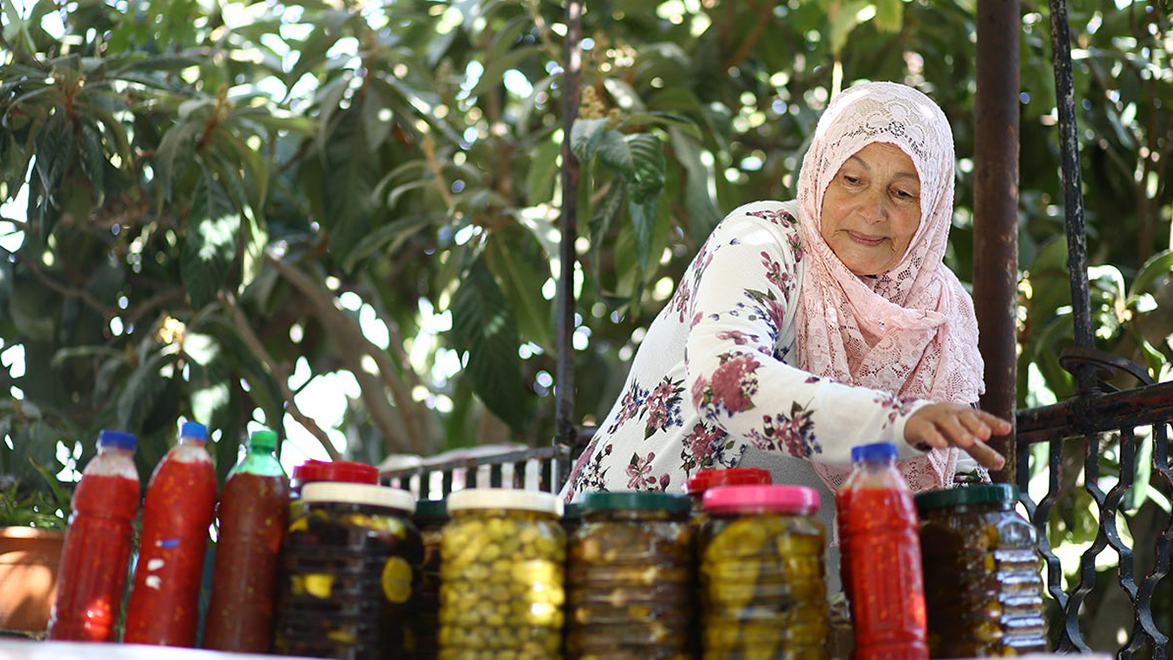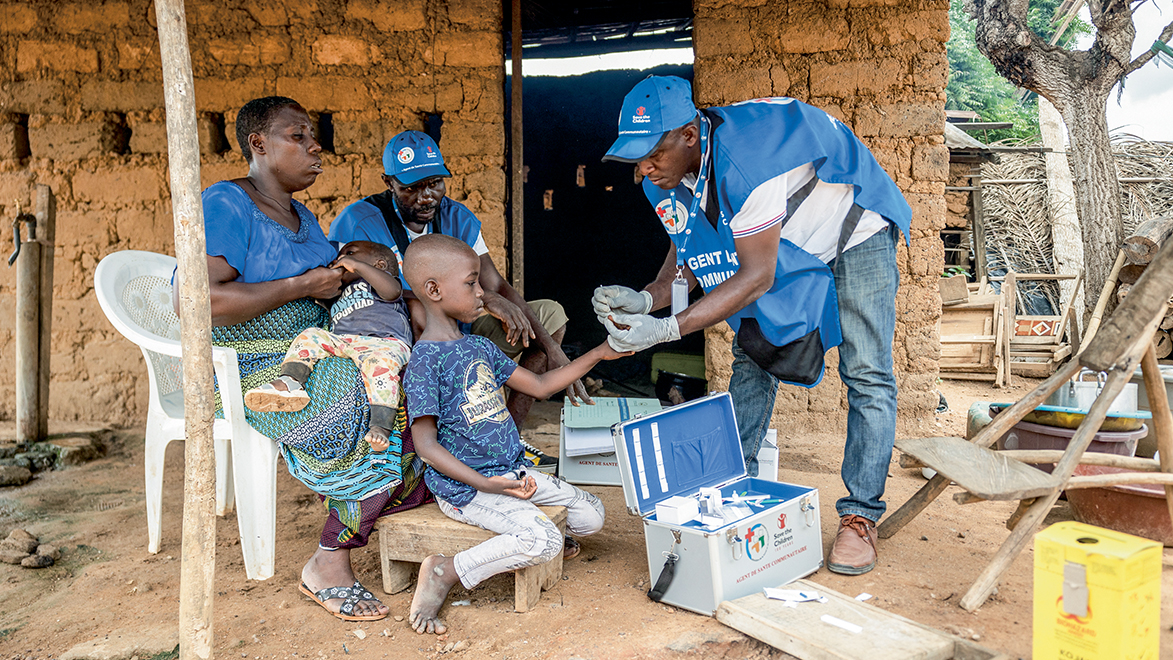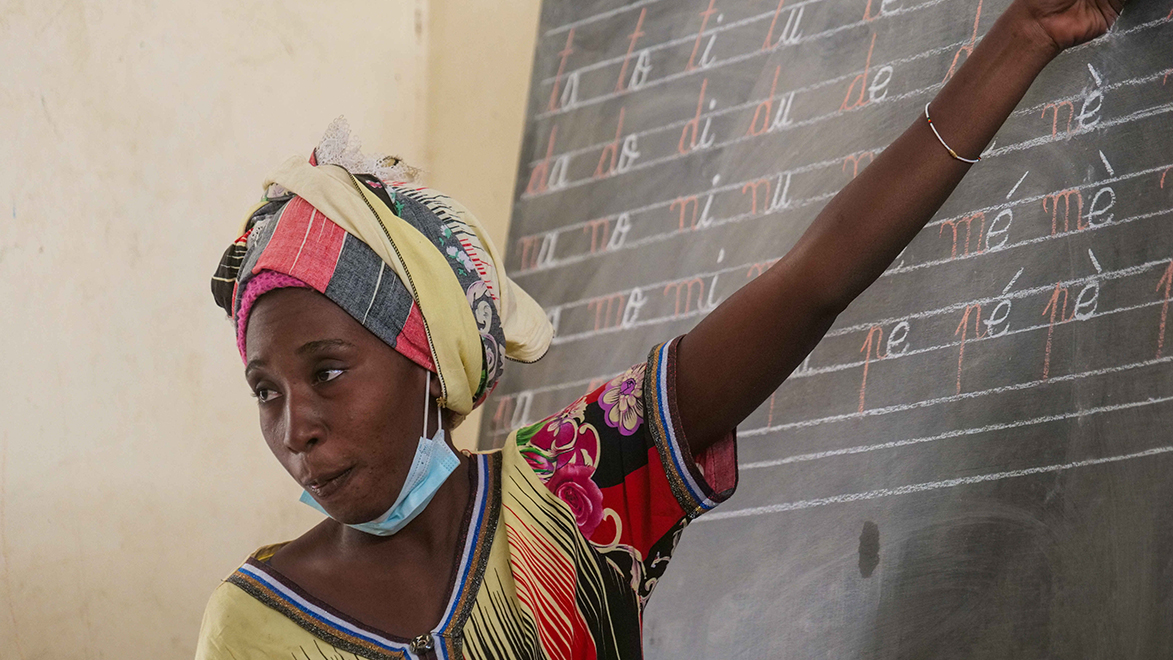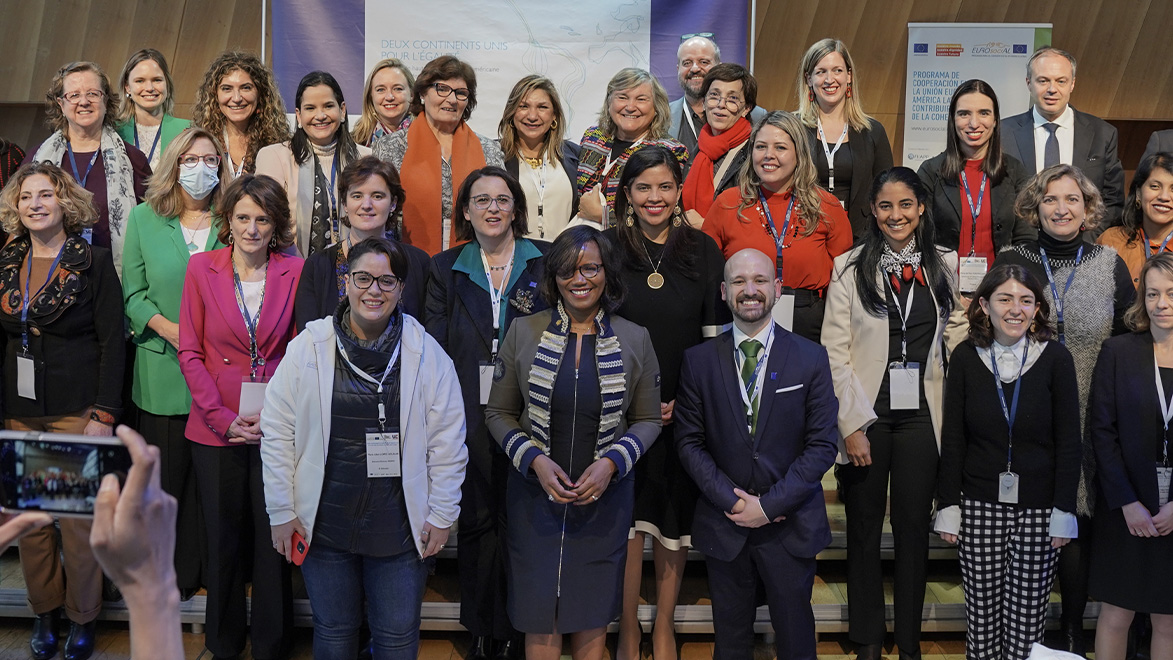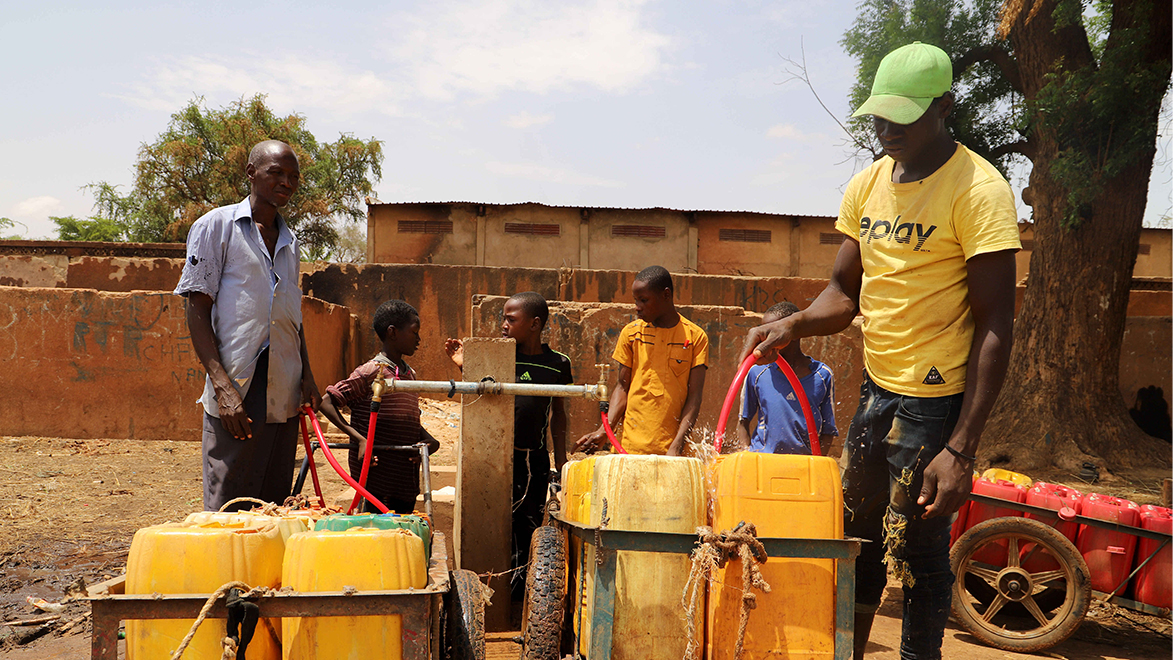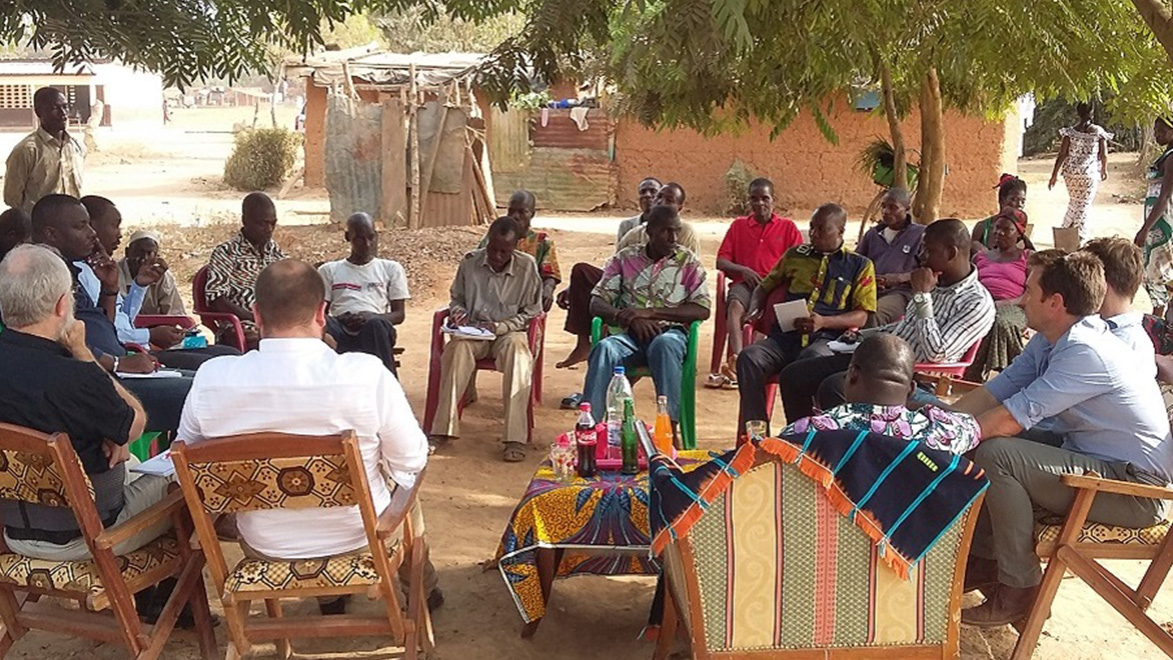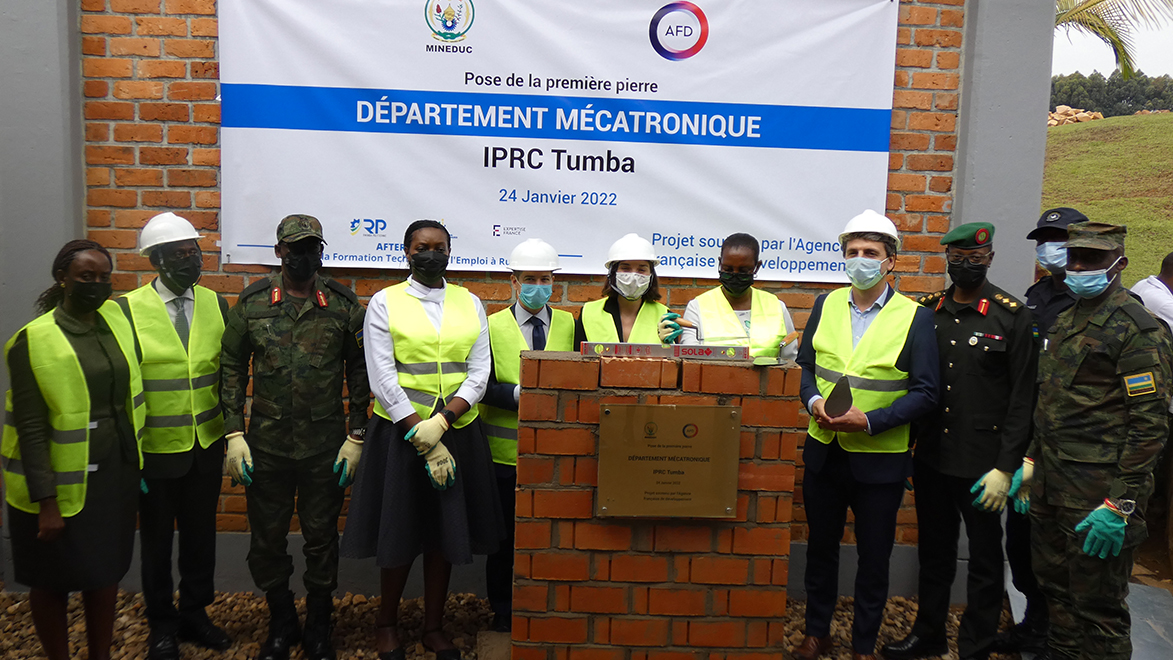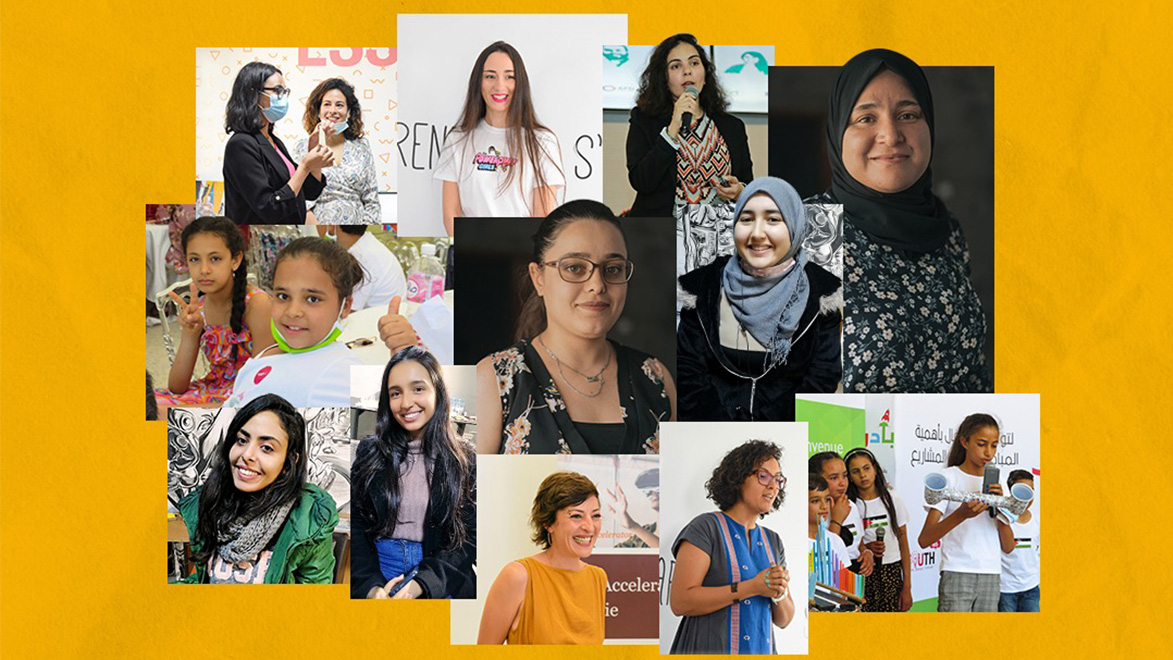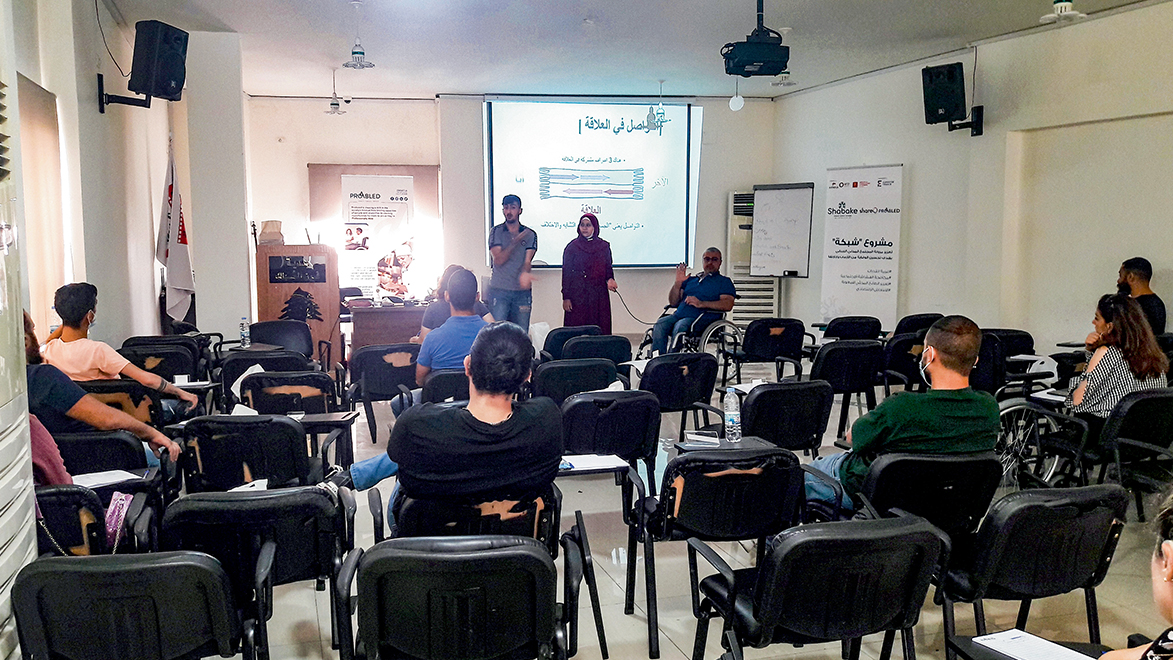SDG 14
Protecting Marine Biodiversity in the Indo-Pacific
JOINT INTERVIEW Blue crime is a major issue in the Indo-Pacific. With the CRIMARIO project, Expertise France supports the fight against crimes at sea in the region.
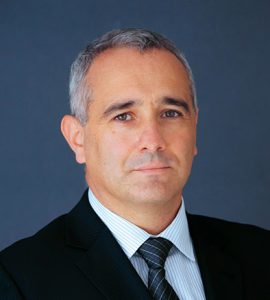
With OLIVIER BÉZIER,
Law Enforcement Component Manager for the CRIMARIO Project

and MARIANNE PÉRON-DOISE,
Political Advisor
How would you define “blue crime”?
M. P.-D.: This form of crime covers multiple activities. Along with the expansion of sea transport, many smuggling operations are developing globally. These include trafficking in drugs, human beings, and protected marine species. Illegal fishing has been particularly devastating. Not only does it deplete fish stocks and weaken marine ecosystems, but it also robs fishing communities of their revenue and their jobs, threatening food security for an entire population.
Illegal fishing represents nearly 20% of yearly global catches. Weak local governance and lack of surveillance and control of maritime spaces often explain this high rate. The danger of confronting illegal fishing fleets only intensifies the problem.
The countries in the Indo-Pacific region are increasingly faced with this threat and attempting to coordinate and develop innovative initiatives. Their goal is to equip themselves and improve their knowledge of the maritime domain. Also important are information sharing and dedicated training within maritime agencies possessing the capacity to operate at sea.
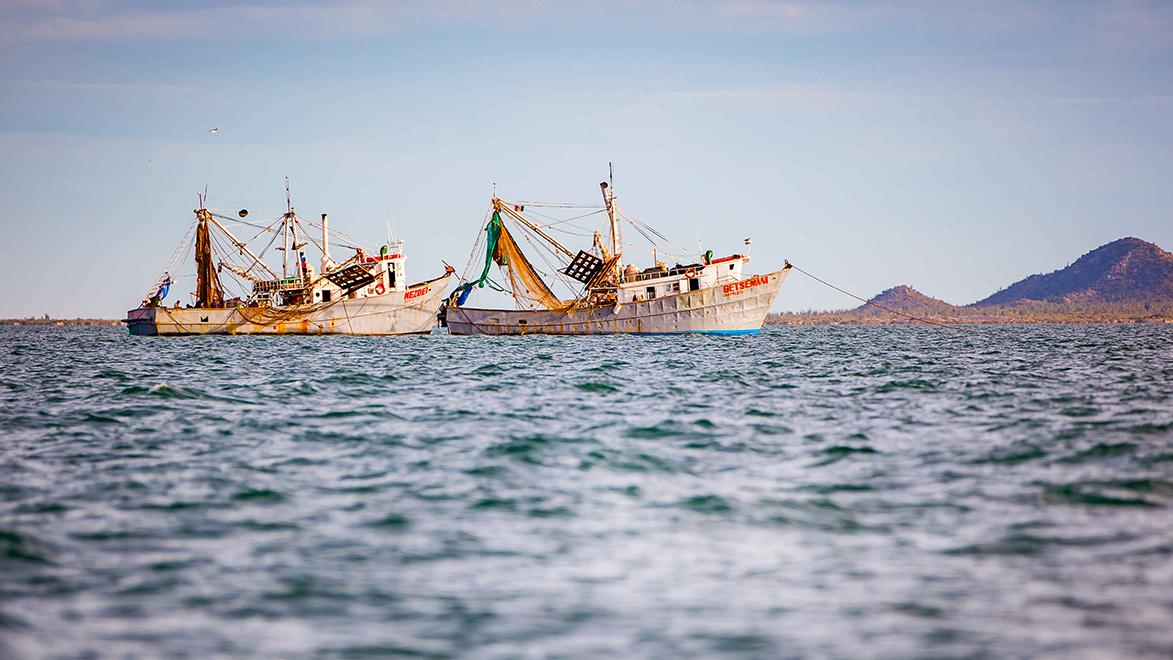
Violations against marine biodiversity are part of the crimes targeted by the CRIMARIO project’s partners.
How does the CRIMARIO project contribute to protecting the region’s sea life?
O.B.: CRIMARIO seeks to improve the safety of the EU’s critical eastern sea routes. It is composed of a maritime law-enforcement component dedicated to supporting partner countries in the detection, investigation, and pursuit of crimes of a maritime nature in the zones under their jurisdiction. Violations against marine biodiversity are part of the crimes that partner states are prioritizing and these crimes endanger their natural heritage and the blue economy.
An example of a recent achievement: In April 2022, during the Our Ocean Conference hosted by the Republic of Palau and in cooperation with the National Maritime Intelligence Center of the United States, CRIMARIO organized joint maneuvers for the benefit of Palau and the Philippines. During these exercises, both countries’ forces were able to hone their communications procedures in two typical situations: the case of interregional illegal fishing and that of a ship conducting scientific research in an exclusive economic zone without respecting mandatory information and report procedures specified by international law.
CRIMARIO supplements other EU-funded projects such as Project Swordfish and supports Indo-Pacific countries in their efforts to bring a penal response to the threats against marine biodiversity. In doing so, it facilitates peaceful and sustainable exploitation of maritime resources.
Interview conducted in April 2022
Achieving SDG 14
The Life below Water sustainable development goal aims to conserve marine and coastal ecosystems and exploit them sustainably. In response, Expertise France is supporting partner countries in implementing measures to protect marine biodiversity.
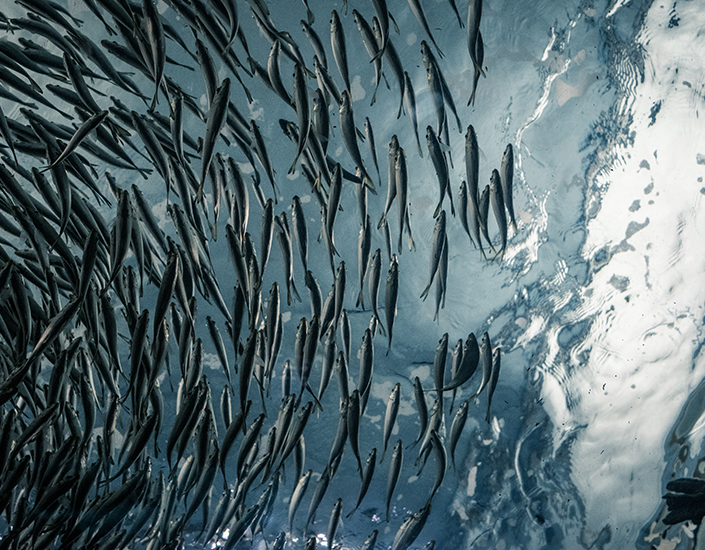
Further reading
